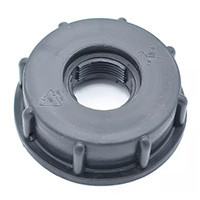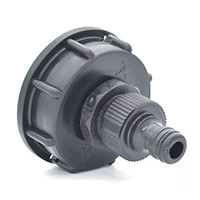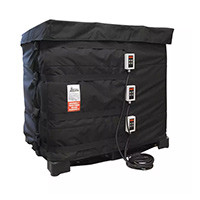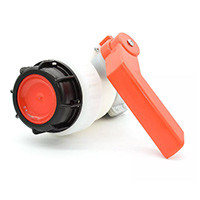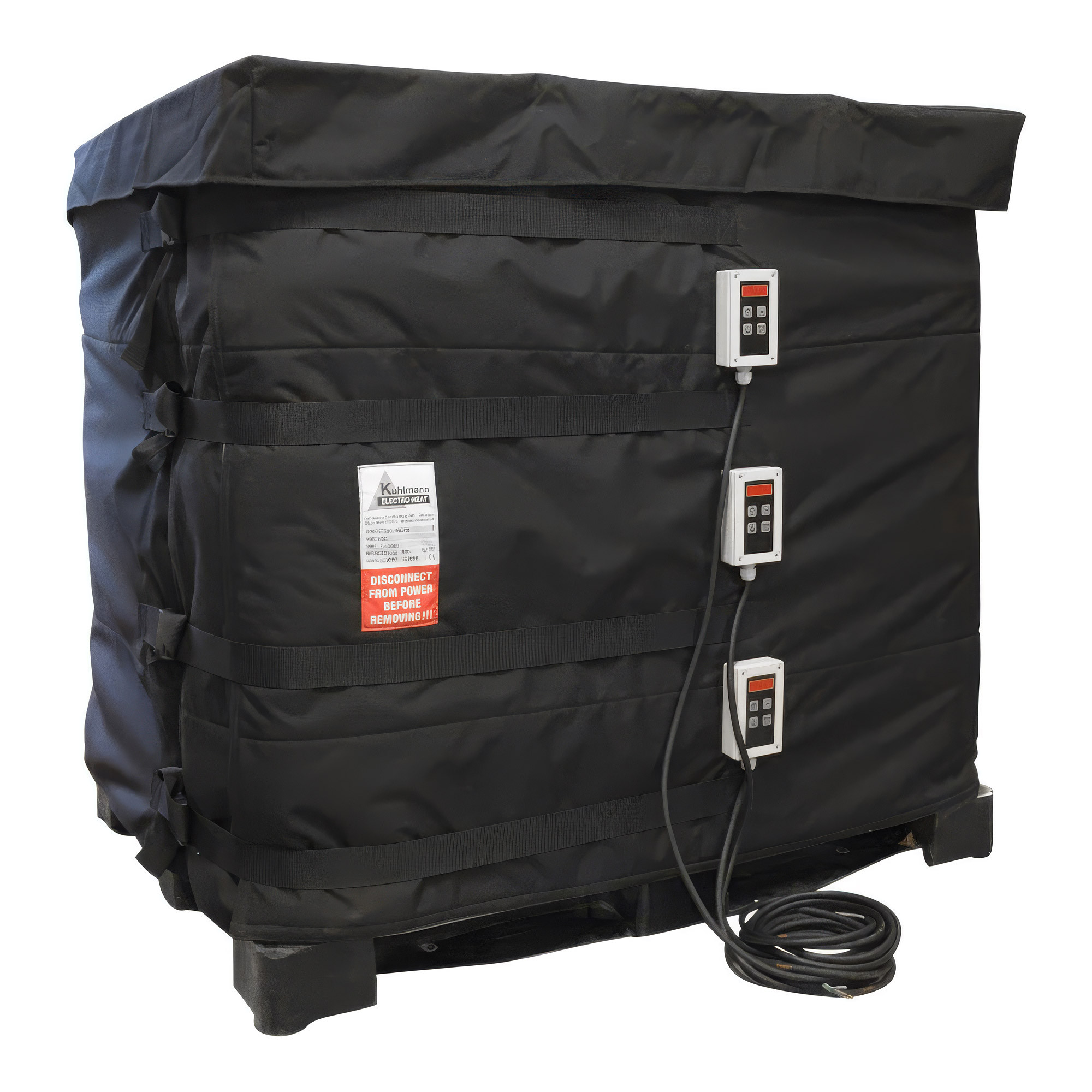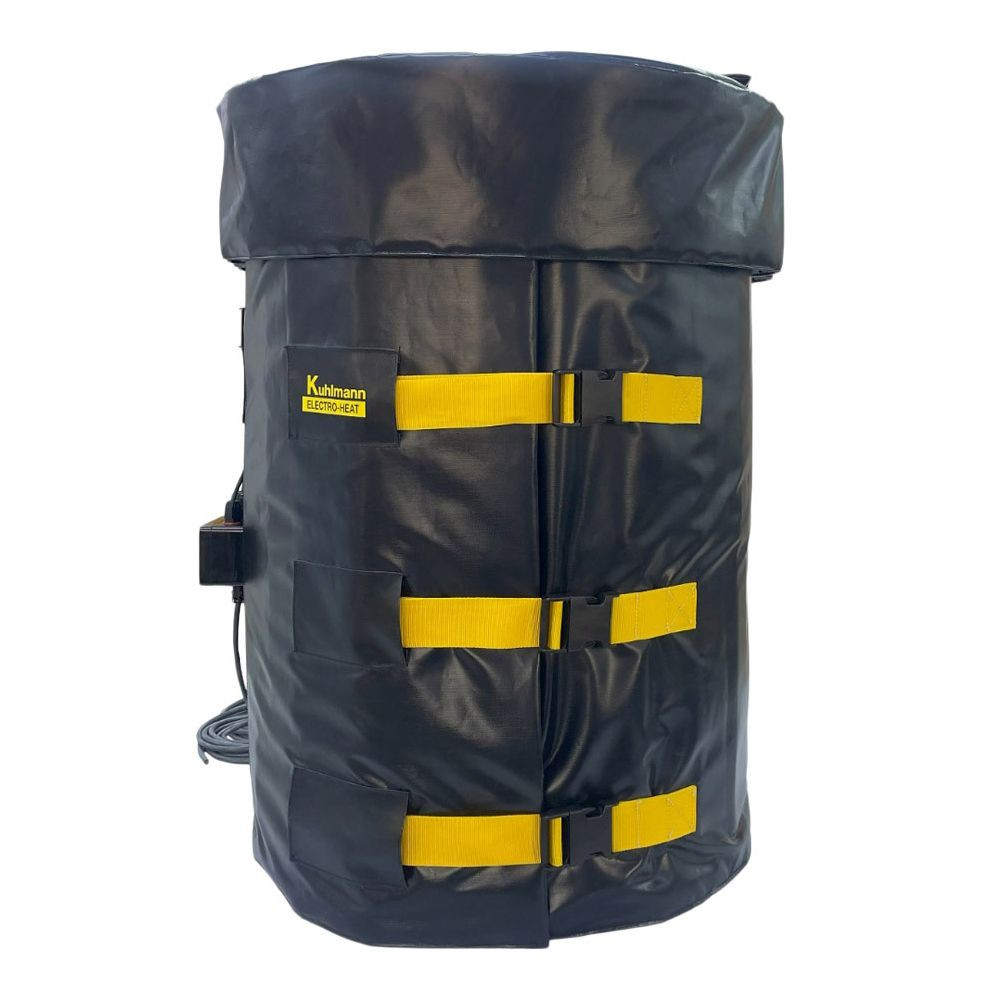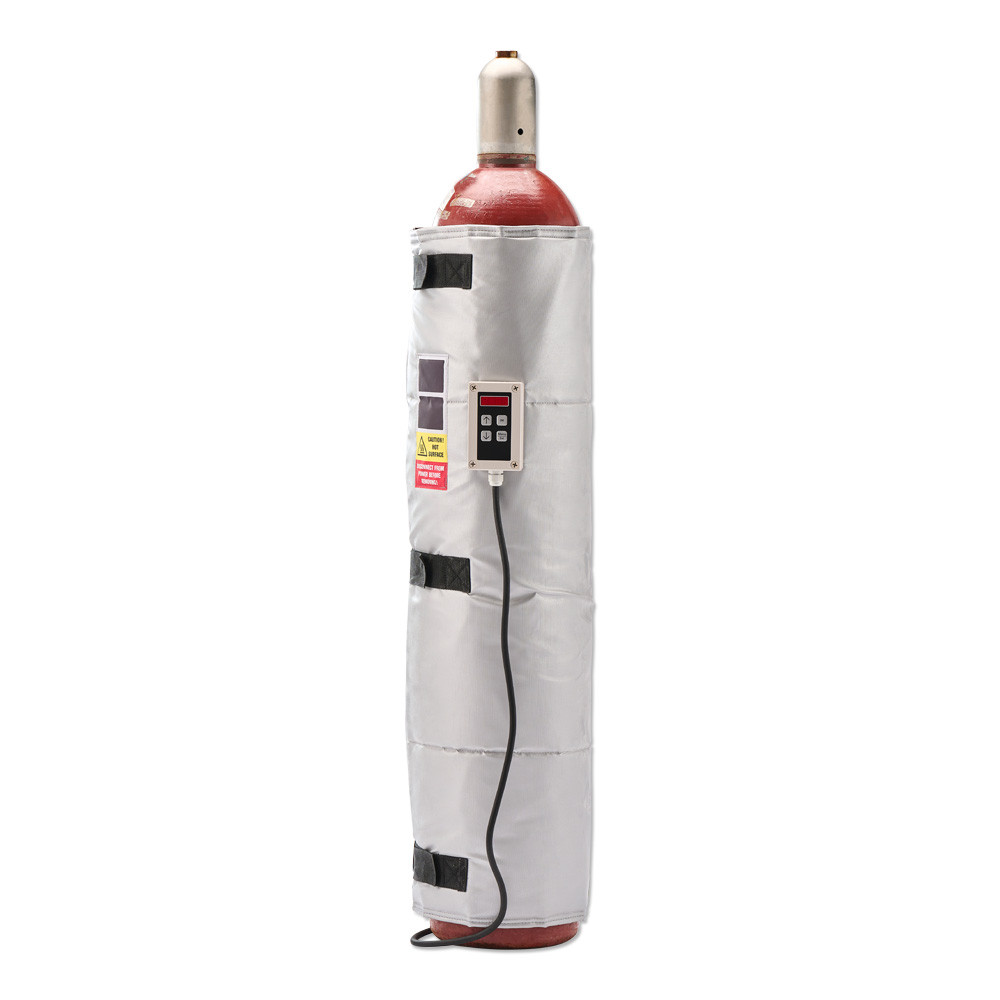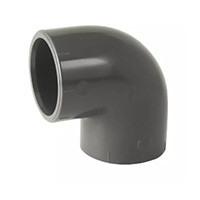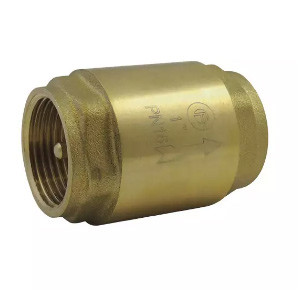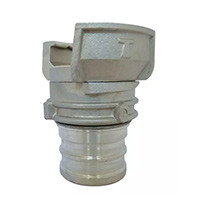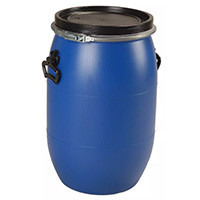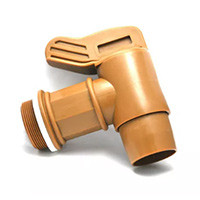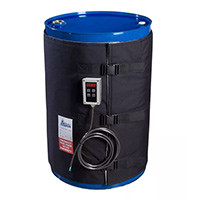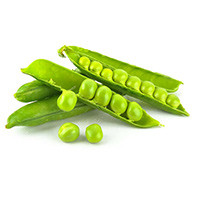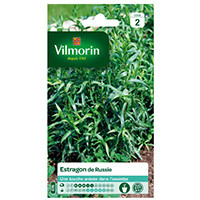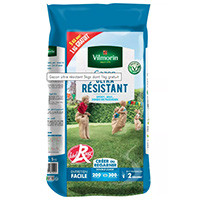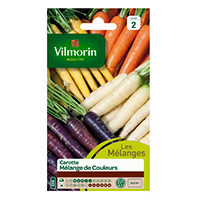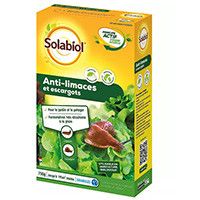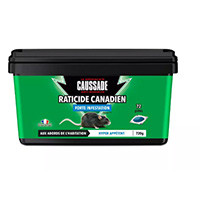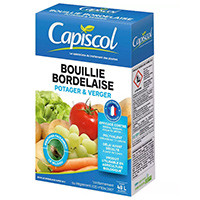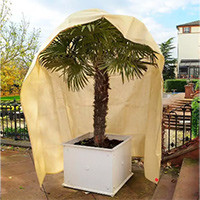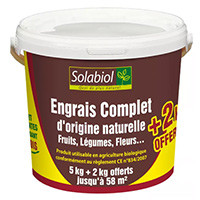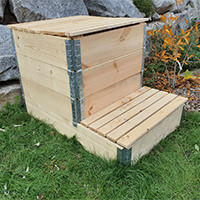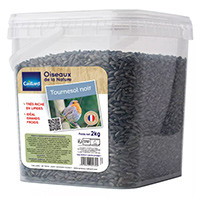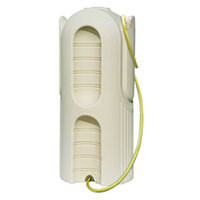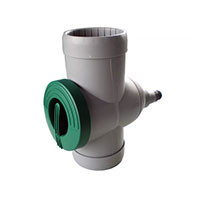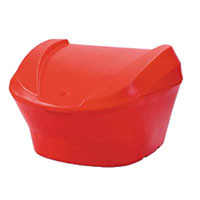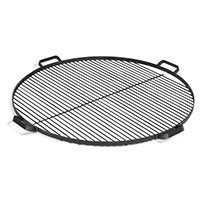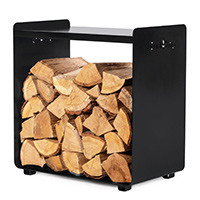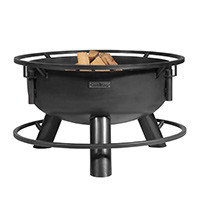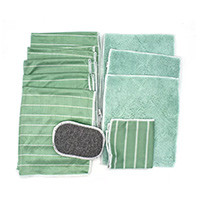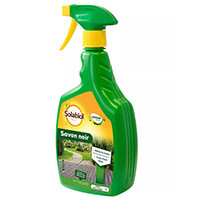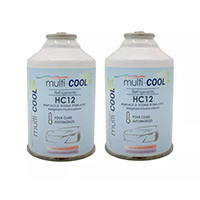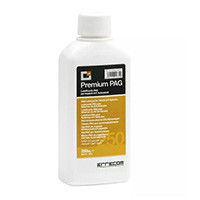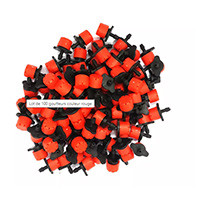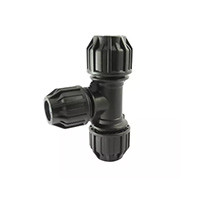
Why mulch his garden before winter?
Categories : Advice
Why mulch your vegetable garden before winter?
Mulching the soil of your vegetable patch, that is to say covering the soil with mulch, has many advantages. Multitanks explains why this is useful, and how it effectively prepares plants for winter entry.
Mulch to let wildlife live
In its natural state, soil is rarely bare. It is generally covered with a layer of plants, which protect it and allow the pedofauna (soil fauna) and the microfauna - earthworms, ants, etc. - to develop oneself. Mulching, or "mulching" in English, not only preserves biodiversity, but also attracts favors from "useful" insects, that is to say pollinators and auxiliaries such as bees, ladybugs , hoverflies ... And all the other species that regulate the presence of pests.
Straw to protect from winter
Mulching, in addition to encouraging biodiversity, is the perfect solution to deal with the various climatic aggressions likely to weaken the earth - leaching due to heavy rains which weakens the soil, cracking caused by a period of drought in summer, etc. .
In this case, harsh winter temperatures must protect plants as winter approaches, and in this case also mulching is the most effective method. Between the fall of temperatures, the wind and the frost, the plants and their roots are often weakened, and applying a plant cover to them limits damage. Regardless of the components chosen, straw soil at the start of winter will warm up more easily in spring.
Mulch to regulate humidity
While it is useful in summer to limit the amount of water supplied to plants and achieve significant savings - up to 40% - mulching also plays an important role in winter, when the humidity is higher and that it has to be regulated. Soil covered with mulch will be protected from excess moisture to which certain plants are sensitive, and rot or cryptogamic diseases, that is to say caused by a fungus and which annoy certain plants, will have less chances of manifesting.
In addition, mulching your vegetable garden also avoids the phenomenon of soil pounding, which occurs in the event of heavy rain and consists in creating a crust under which water does not penetrate and which is a sign of degraded soil. .
Mulch to preserve fertility
In addition to protecting the soil, mulching of plant origin will have the advantage of fertilizing it. Mulching made from organic materials (dead leaves, flax flakes, sawdust, pine bark, etc.) will eventually decompose into humus and enrich the clay-humic complex of the soil, and therefore contribute to its fertility. . To mulch is also to give the soil a boost in anticipation of sunny days.
In addition to benefiting from the fertilizing nature of mulching, plants appreciate the buffer role played by mulch: many plants are sensitive to variations in temperature and other vagaries of the weather, and react to this stress by stopping or reducing their growth.
Mulch to ... recycle everything!
Mulching your vegetable garden with organic materials from your own garden also allows you to recycle these materials: fallen leaves collected in autumn, pine needles fallen to the ground or mowed lawns, instead of going directly to the trash, will have a second life by protecting your vegetable garden for the winter. In addition to avoiding a return trip to the recycling center, you save money and offer your garden home protection.
When, with what to mulch your garden?
It is important not to mulch too early: this would effectively deprive the plants of the last rays of sun and, therefore, reduce the temperature of the soil. Mulching in late fall is ideal, and helps cushion the temperature variations that characterize this period.
Regarding the type of mulch, there are many different types and it all depends on the type of crop you want to protect. However, we can still classify mulch as follows:
Organic mulch, composed of organic materials such as dead leaves, coconut fiber or jute canvases, wood shavings, pine bark, hedge trimmings, clippings, unripe compost, cocoa bean hulls, etc. . ;
Mineral mulches, which have the advantage of being decorative and are more suitable for flower beds. Among them, there may be mentioned in particular gravel, slate, pozzolan or even clay balls;
Plastic mulches, which are in the form of mulching film and are less suitable for the family vegetable garden than for market gardening.
All you have to do is choose between these multiple possibilities to help your vegetable garden get through the winter! At Multitanks, we have a range of mulch fabrics. Contact us for more information or visit our site to find the garden items you need.
Share this content





